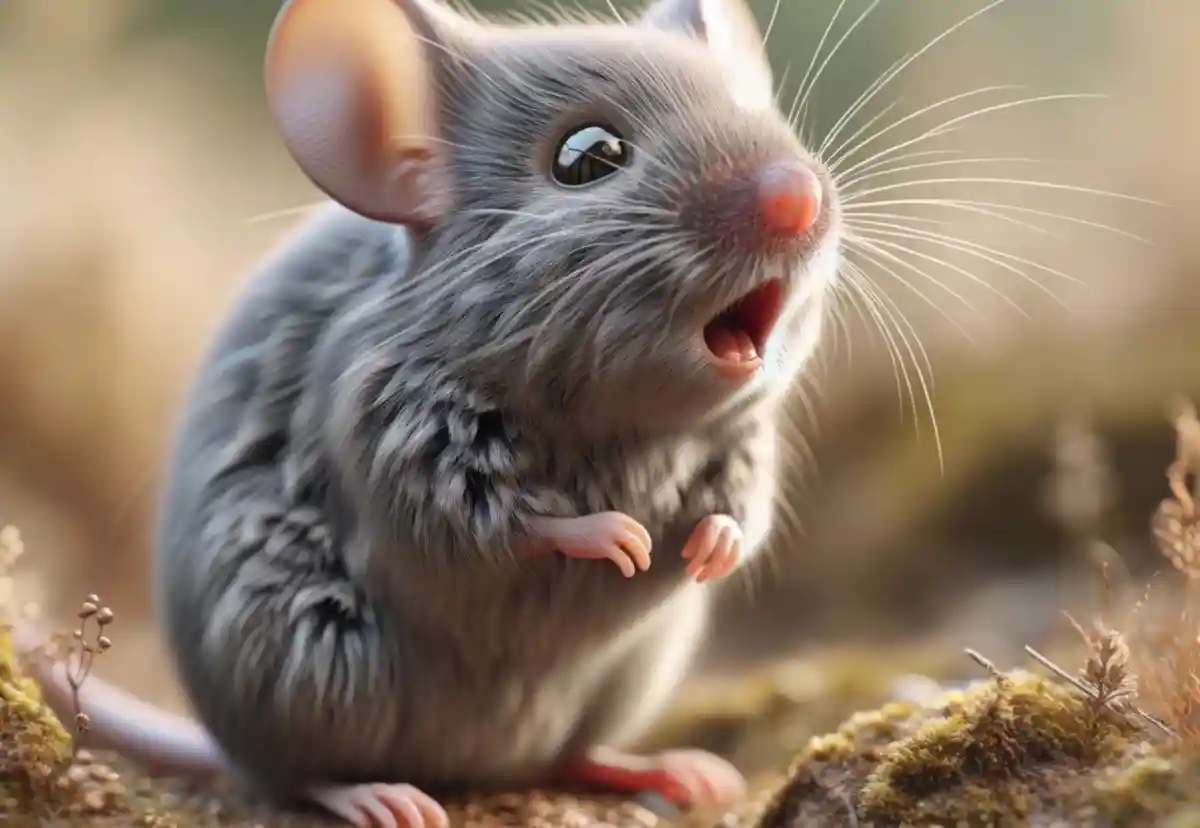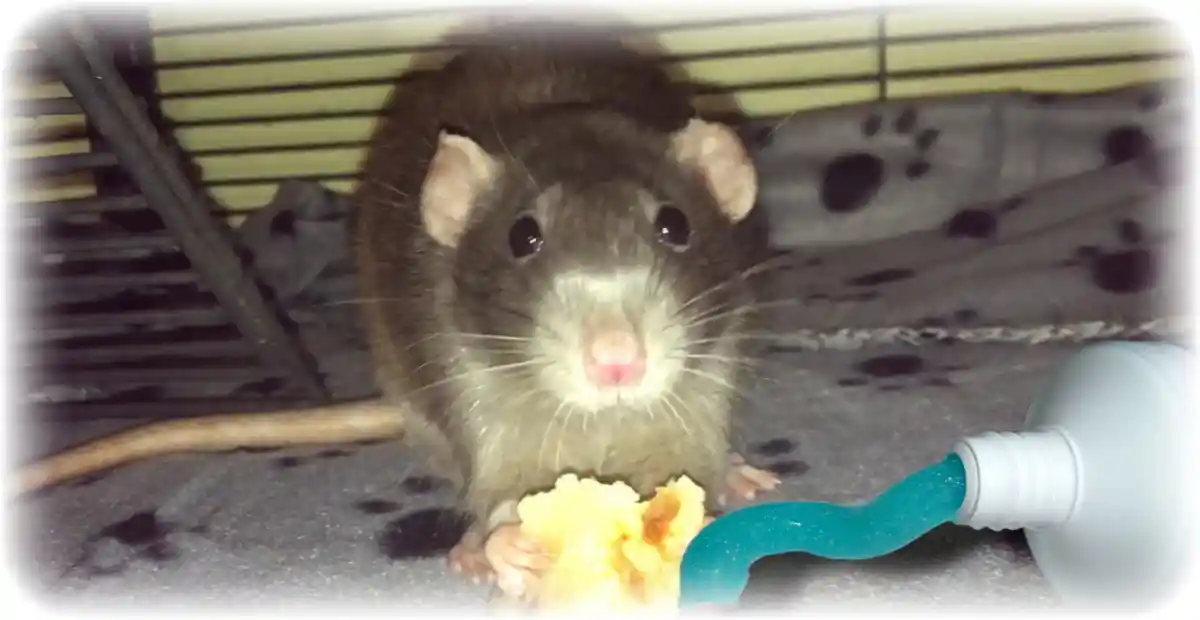Do mice squeak after eating poison? Mice do squeak after eating poison. However, they may also squeak for various other reasons. Whether you find it adorable or irritating might depend on your perspective.
If it is a pet mouse, its squeaks might seem cute, but if your house is overrun by these critters, the sound could be a nuisance. But why do they squeak? It turns out, mice use a range of sounds, including many that are inaudible to humans, to communicate with each other.
Mice have their own kind of language made up of various sounds, and not all of these are noises we can hear. In fact, a lot of mouse communication involves ultrasonic vocalizations. These are so high-pitched that they’re beyond the range of human hearing. If we could hear all the sounds mice make, we’d realize they even sing! Especially male mice, who often emit complex, multisyllabic songs, usually as part of their courtship rituals.
So, while we might only hear a fraction of their vocalizations, mice are constantly communicating in their world, using squeaks and songs for various reasons.
Do Mice Squeak After Eating Poison?

Yes, mice can still squeak after eating poison, but their behavior, including vocalization patterns, may change depending on the type of poison and its effects. When a mouse eats poison, it can experience a range of symptoms that affect its physical and neurological state. These symptoms can vary based on the type of poison:
Anticoagulant Rodenticides
These are common poisons that cause internal bleeding. Initially, a mouse might not show visible symptoms and could continue squeaking as usual.
However, as the poison takes effect over days, the mouse might become lethargic and less active, potentially leading to less vocalization.
Neurotoxic Poisons
Some rodenticides affect the nervous system. Mice ingesting these may exhibit signs of disorientation, tremors, or seizures. During these states, they might squeak differently or less frequently due to distress or neurological impairment.
Metal Phosphides
These poisons release toxic gases in the stomach. Mice ingesting them might experience pain and discomfort. It can lead to increased squeaking due to distress.
Vitamin D3 Overdoses
These cause hypercalcemia, leading to organ failure. Mice might initially behave normally but gradually show signs of illness, which could affect their squeaking.
How Does a Mouse Act When Poisoned?
When mice are poisoned, their behavior and symptoms will depend on the poison type. Anticoagulant rodenticides cause internal bleeding, leading to lethargy and bleeding symptoms over several days. Other poisons, like metal phosphides, cause immediate symptoms like abdominal pain and rapid breathing, often leading to death within hours or days. Calcium mobilizers result in kidney failure over several days, while neurotoxins cause tremors, seizures, and paralysis, with the timing depending on the dose. Commonly, poisoned mice exhibit general changes like sluggishness and reduced caution, making them more noticeable and less wary of danger.
Other Reasons Mice Squeak
Mice make different squeaking sounds for various reasons. These sounds can mean they’re arguing, have found food, sense danger, are in pain, or are mating. Some squeaks are about survival, while others are about creating new life. It’s also important to know that mice behave differently in the wild and inside buildings. In the wild, they might live alone, but in houses and buildings, they often live in groups. This group living requires them to communicate with each other, often to establish who’s in charge.
Let’s look at some key reasons why mice squeak:
1. Establishing Dominance
If you have kept mice as pets, you might have noticed they can be quite noisy, especially when they’re not getting along.
Mice living together form a strict pecking order. They use specific squeaks during conflicts to show aggression. This way, they can assert dominance verbally without actual fighting.
2. Finding Food and Water
Mice constantly search for food and water. Interestingly, they get most of their water from the food they eat. When they find something good to eat that they can share, they let their group know.
This type of squeaking might be familiar to you if you’ve heard mice in your home, particularly when they discover food in places like your kitchen cabinets. Each squeak has its purpose, whether it’s about maintaining order in social structure or sharing vital resources like food and water.
3. To Signal Danger
Mice, surprisingly, make a lot of noise to signal danger to each other. They squeak to alert fellow mice about predators nearby or if an unfamiliar mouse comes close to their territory.
For instance, a female mouse might make loud calls if an outsider female approaches her nest, both to warn others and to scare the intruder away. These sounds are not just about danger; they also call out in pain to get help or to tell others to keep their distance.
This isn’t unique to mice. Prairie dogs, for example, are known for their advanced communication. They live in groups called “towns” and use complex calls to describe specific dangers to each other.
4. For Mating
Mice also use sounds for mating. While we often associate mating calls with birds, mice use ultrasonic vocalizations for this purpose. These calls are influenced by what each mouse prefers.
Males, interestingly, start making these calls when they detect the presence of female urine, as part of their strategy to attract a mate. This kind of noise is common in areas with lots of mice.
Read also: how noise can stop mice
What Other Sounds Do Mice Produce?
Mice are often recognized by their squeaking, but they actually make a variety of sounds. A common sign that you might have a mouse infestation is the scratching and scurrying noises they make. These sounds come from the nails on their feet as they climb inside walls or search for food. Along with these noises, you’ll often hear squeaks, especially around dusk and dawn when mice are most active.
In situations where there are a lot of mice, like in a serious infestation, homeowners might hear a lot of movement and squeaking. This is because the mice are communicating with each other more frequently due to their large numbers.
Read also: If My Neighbour Has Mice Will I Get Them?





